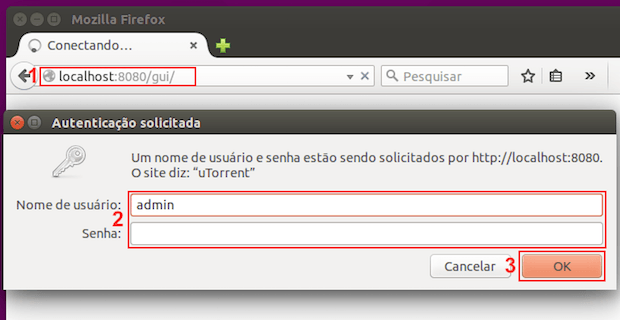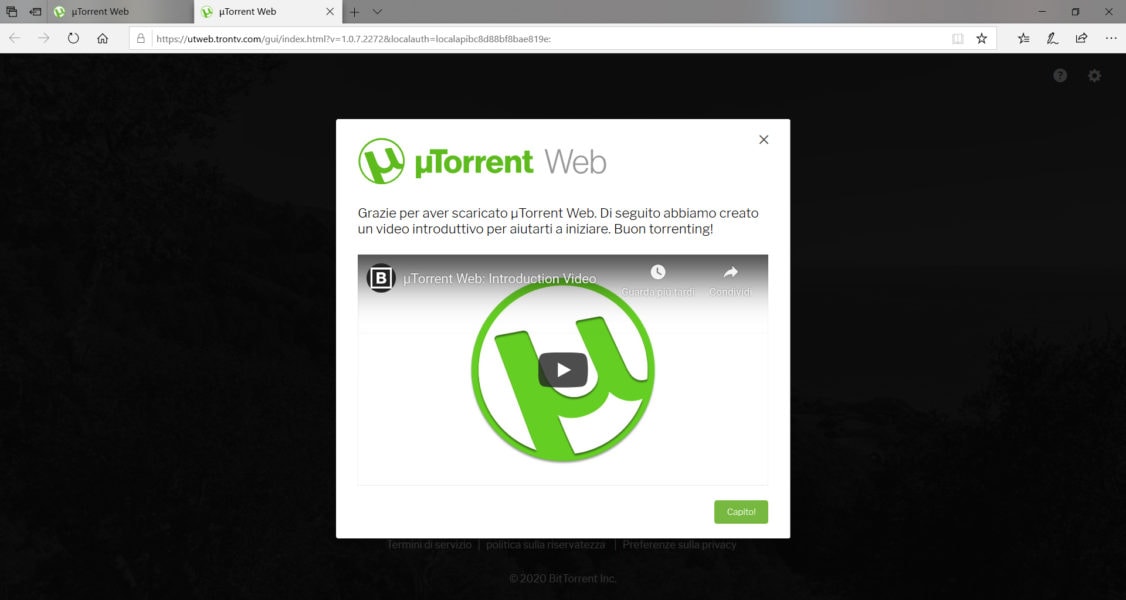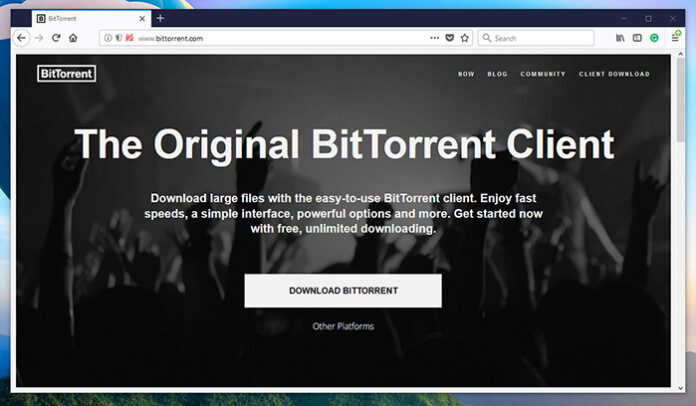
- #UTORRENT DESKTOP VS WEB PATCH#
- #UTORRENT DESKTOP VS WEB UTORRENT#
- #UTORRENT DESKTOP VS WEB ANDROID#
- #UTORRENT DESKTOP VS WEB CODE#
- #UTORRENT DESKTOP VS WEB DOWNLOAD#
It’s gotten a bit corporate over the years, but it’s still insanely popular.
#UTORRENT DESKTOP VS WEB UTORRENT#
uTorrent (desktop, android) – The OG torrent client.

You can even run it as a headless client for a DIY seedbox.

It’s the all-in-one powerhouse torrent client that does things Frostwire could never dream of. BiglyBT (desktop) – the successor to Vuze.QBittorrent(desktop) – Ad-free, open-source desktop client with all the features you need and no bloat.So if you want a more modern torrent experience, including security features like a torrent kill-switch, consider these Frostwire Alternatives: However Frostwire is no longer the company (or product) it was, and there are better torrent clients available these days. However this app was pulled from the Google Play store in 2018.
#UTORRENT DESKTOP VS WEB ANDROID#
It built a following on the back of its clean inuitive interface and ad-free experience.įrostwire also came out with a popular Android torrent client (same name). Though it initially started as a Gnutella client, the team relaunched Frostwire as a torrent client in 2011. But in recent years, their userbase has been seeking out better Frostwire alternatives. adding a torrent).Frostwire has been a cult favorite p2p filesharing app for quite a while. The nature of the exploit is such that an attacker could craft a URL that would cause actions to trigger in the client without the user’s consent (e.g. All users will be updated with the fix automatically over the following days. This week, we will begin to deliver it to our installed base of users. Our fix is complete and is available in the most recent beta release (build 3.2 released on ).

We began work immediately to address the issue. “On December 4, 2017, we were made aware of several vulnerabilities in the uTorrent and BitTorrent Windows desktop clients. On Wednesday BitTorrent released an official statement on the matter: As this is a complete remote compromise of the default uTorrent web configuration, I didn’t bother looking any further after finding this,” the researcher added. “The authentication secret is not the only data accessible within the webroot – settings, crashdumps, logs and other data is also accessible.
#UTORRENT DESKTOP VS WEB DOWNLOAD#
“This requires some simple DNS rebinding to attack remotely, but once you have the (authentication) secret you can just change the directory torrents are saved to, and then download any file anywhere writable,” Ormandy wrote. A DNS rebinding attack is when an adversary abuses DNS to trick a browser into not-enforcing a browser’s Same Origin Policy security, a data protection feature found on modern browsers. Users can also opt to pro-actively download a patched version of uTorrent’s desktop client 3.2.Īccording to a Project Zero proof-of-concept attack against either uTorrent clients, an attacker would have to utilize what’s known as a Domain Name Server (DNS) rebinding attack to exploit the flaws.
#UTORRENT DESKTOP VS WEB PATCH#
A patch for the existing clients will be pushed out to users in the coming days, according to Dave Rees, VP of engineering at BitTorrent. On Wednesday, the developer of the uTorrent apps, BitTorrent, said the flaw has been fixed in the most recent beta version of the uTorrent Windows desktop app. Those commands range from downloading malware into the targeted PC’s startup folder or gaining access to user’s download activity information. An attacker behind a rogue website, Ormandy said, can exploit this client-side flaw by hiding commands inside web pages that interact with uTorrent’s RPC servers. Simply put, those JSON-RPC issues create a vulnerability in the desktop and web-based uTorrent clients, which both use a web interface to display website content. Ormandy said the vulnerabilities are easy to exploit and are tied to various JSON-RPC issues, or problems with how the web-based apps handle JavaScript Object Notations (JSON) as they relate to the company’s remote procedure call (RPC) servers. Project Zero gives vendors a 90-day window to patch a vulnerability before publicly disclosing it. Project Zero security researcher Tavis Ormandy published the research on Wednesday after waiting 90 days from the time it notified uTorrent of its discovery. According to researchers, the flaws allow a hacker to either plant malware on a user’s computer or view the user’s past download activity.

#UTORRENT DESKTOP VS WEB CODE#
Google Project Zero researchers are warning of two critical remote code execution vulnerabilities in popular versions of BitTorrent’s web-based uTorrent Web client and its uTorrent Classic desktop client.


 0 kommentar(er)
0 kommentar(er)
